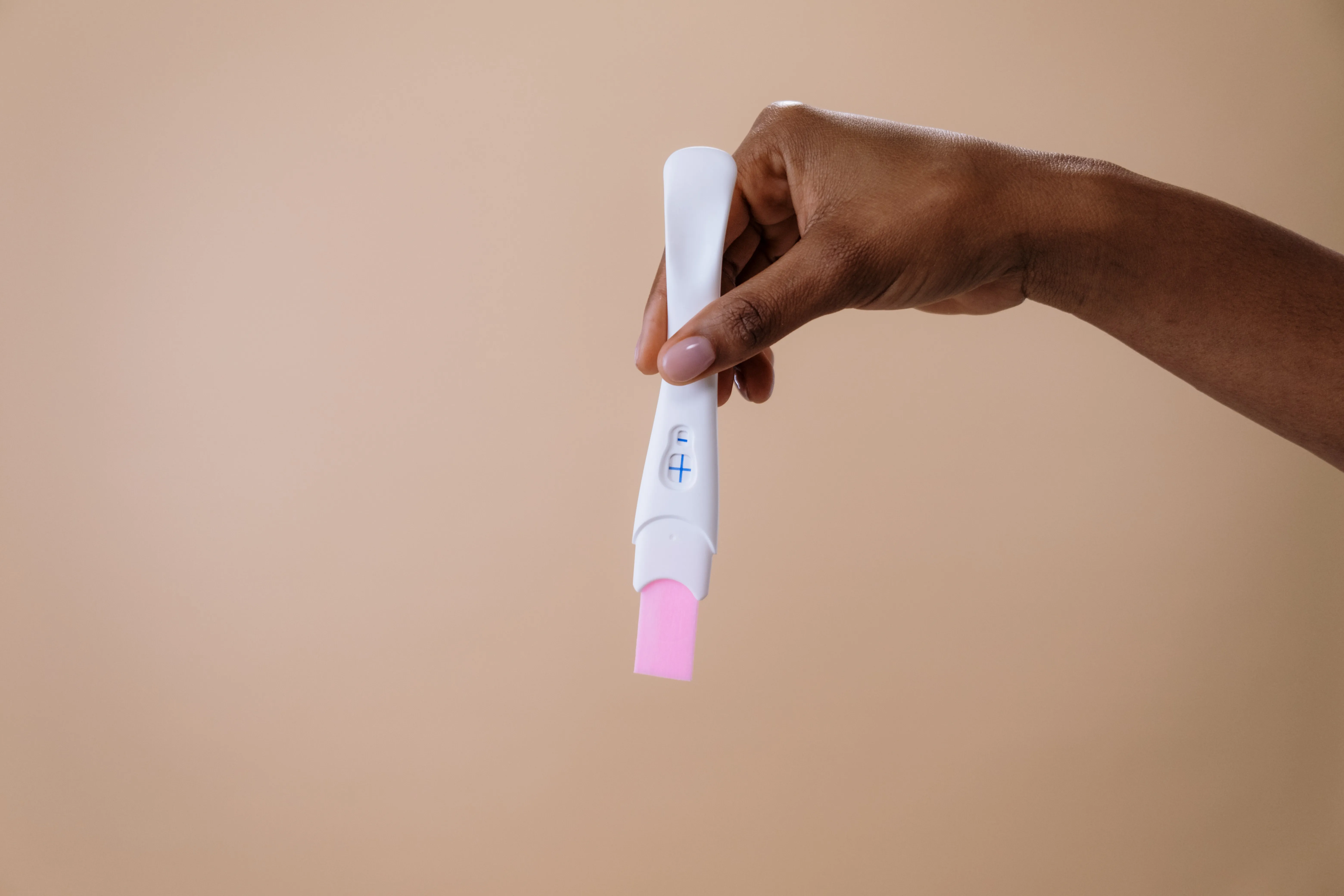Seven doubts every woman has about Mental Health
5 minuteRead

Over the years, there has been considerable progress and development in the field of mental health, as well as an increase in public awareness of the issue. Positive mental health is essential for maintaining an overall healthy body, growth and fitness, and achieving goals.
Increasing public awareness of mental health concerns helps with identifying the problem as soon as possible. It helps with developing confidence among people to question their environment. It assists in the identification of a solution before the problem has a chance to cause serious harm. As a result, we must take great care of ourselves and question without being hesitant or afraid.
Gender and gender-specific therapy play an essential part in this process. While mental health is a controversial issue in and of itself, research has shown that it is more prevalent among women. According to numbers, at least one in every five women has been sexually abused or was tried to be raped at some point in her life. The trauma that precedes it is associated with higher post-traumatic stress disorder (PTSD) rates in women than in males. According to statistics, women are twice as likely as males to experience anxiety due to stress and workplace discrimination.

It’s natural to find it challenging to talk about some issues and vocalize your thoughts properly. But internalizing the problems can lead to self-doubt, depression, and suicidal feelings. Thus, it becomes more important to have a safe space among people who understand you to talk freely about all the problems.
Thus, on this mental health day, we are trying to cover few problems that most of the women would be able to relate to
1. Can stress and anxiety lead to irregular menstrual flow?

Yes, studies have shown that being under a lot of pressure for an extended period of time could lead to irregular flow. Because serotonin is involved in regulating mood, sleep, and pain, variations in serotonin levels can contribute to the development of symptoms. Premenstrual syndrome (PMS) and premenstrual dysphoric disorder (PMDD) are linked with underlying sorrow and anxiety, but the hormonal changes throughout a menstrual cycle can affect physical health. Studies have shown effects like shorter menstrual cycles or missing the whole month. In such situations, it’s essential to visit a doctor and take proper medication. It can also affect self-esteem, mood swings, ability to focus, and energy level.
2. Can mental health affect fertility?

The relationship between psychological well-being and infertility is still being studied. However, it is considered to be linked to hormonal changes, inflammation, and difficulties in conceiving in some women (but not all). Similarities exist when it comes to the opposite situation, in that reproductive difficulties may generate additional stress and have a detrimental influence on both one's physical and mental health. Patients in such cases have shown more signs of depression, isolation, feeling a loss of control. Thus, it becomes necessary to keep a positive mindset and have hope in the future.
3. What impact does mental health have on body image?

Beginning with how women are sexualized because of their bodies and pressured to fulfil specific beauty standards. Eating disorders and Body Dysmorphic Disorder might be the result of such expectations. It is critical to recognize that a thin body is not synonymous with a healthy body in such circumstances. Both over and insufficient eating can result in significant health problems such as obesity or anorexia nervosa. In such instances, assistance from a dietician or meal planner may be beneficial in overcoming an eating disorder.
4. Am I acting too emotional?

Now, this may seem like a stupid question, but many of us have probably heard terms like "cool down" or "stop overreacting" at some time in our lives.
Lines like these may cause a loss of confidence and a questioning of one's skills. Deteriorating mental health may influence hormones, leading to persistent depression, sadness, and loss of emotional control. Lack of energy or excessive sleep might indicate deteriorating mental health rather than simply being grumpy and lazy. A lifestyle change can help. Try getting into new activities like meditation or jogging, identifying the root cause, and finding a solution without pushing yourself too hard. Eating and sleeping on time can always help with maintaining a healthy lifestyle.
5. Why do I panic so easily?

Women are twice as likely as males to experience a panic attack or social anxiety, which could be the result of a traumatic accident from the past. If you have ever been a victim of sexual or physical abuse, you may be prone to panic attacks or suffer from PTSD due to that accident. In such circumstances, you should not be afraid to seek expert assistance and talk about your feelings instead of keeping it all inside. Internalising a problem could lead to more effects like having it affect future relationships too. Some studies have shown that a mother’s mental development can even affect the baby while pregnant and has the babies exposed to more stress hormones in the womb.
6. Can my mental health affect my skin?

Stress and a lack of sleep may result in dark circles beneath the eyes. Depression and other psychological disorders can result in dermatological issues such as acne, rosacea, eczema, dull skin, etc. It is considered that good sleep and a balanced nutritious diet may do wonders
for one's skin, and therefore insomnia or eating disorders might cause issues for bright, healthy skin.
7. Can I improve my mental health?

Yes, of course, you can! First and foremost, professional care is needed. Seeking assistance is not a show of weakness. Women face many challenges daily, whether at home or work, making it all the more necessary to take care of one's health and well-being. Physical workouts such as jogging, yoga, and meditation have also been proven to be quite beneficial. Eating well, keeping a positive environment around you, and respecting yourself as others are only the beginnings of a healthy lifestyle.
So let this day act as a springboard for better overall health by focusing on overall mental well-being. We should be more self-assured in our actions rather than doubting ourselves and our judgments. Don't allow the issues listed above to keep you from moving forward. It's okay to ask questions, share your worries, prioritise yourself and your mental health, and overcome the obstacles of criticism and prejudice that may exist.
Write, Record and Answer! Consume Unlimited Content! All you need to do is sign in and its absolutely free!
Continue with one click!!By signing up, you agree to our Terms and Conditions and Privacy Policy.










